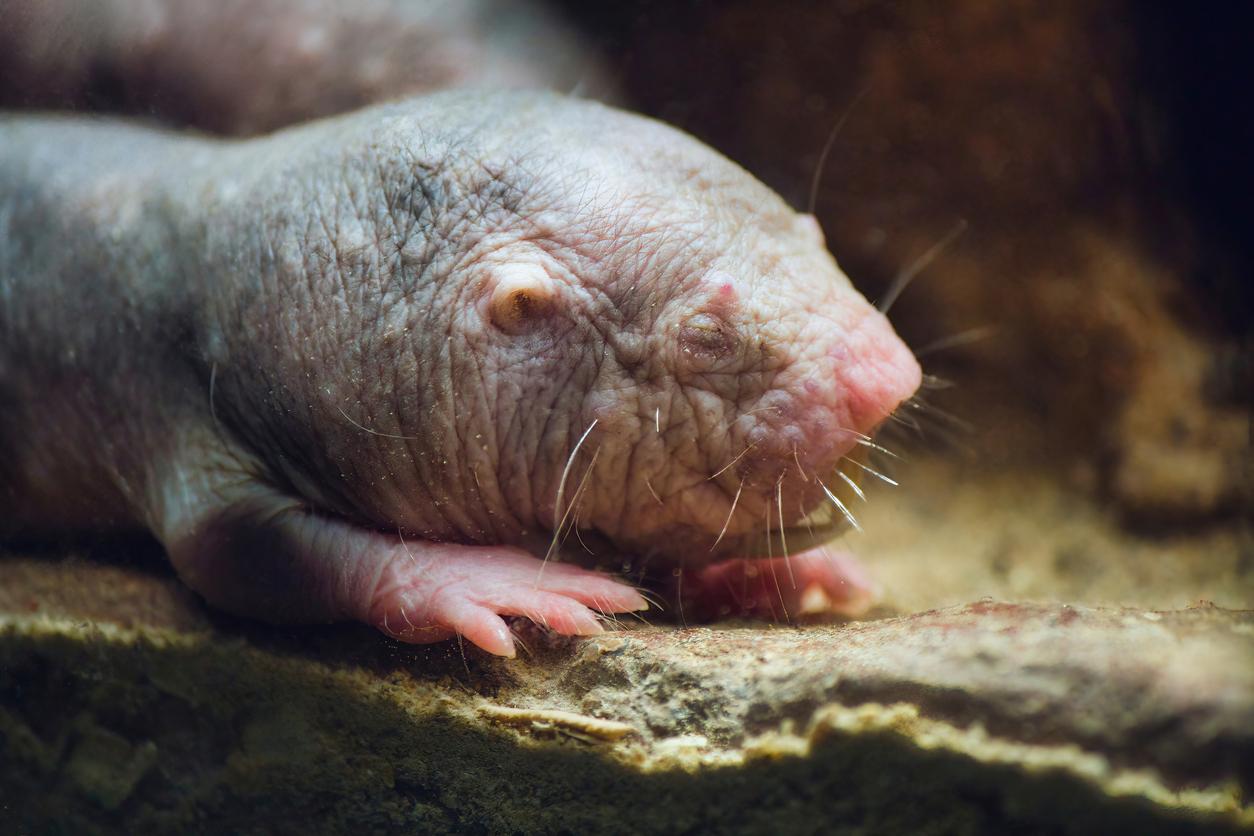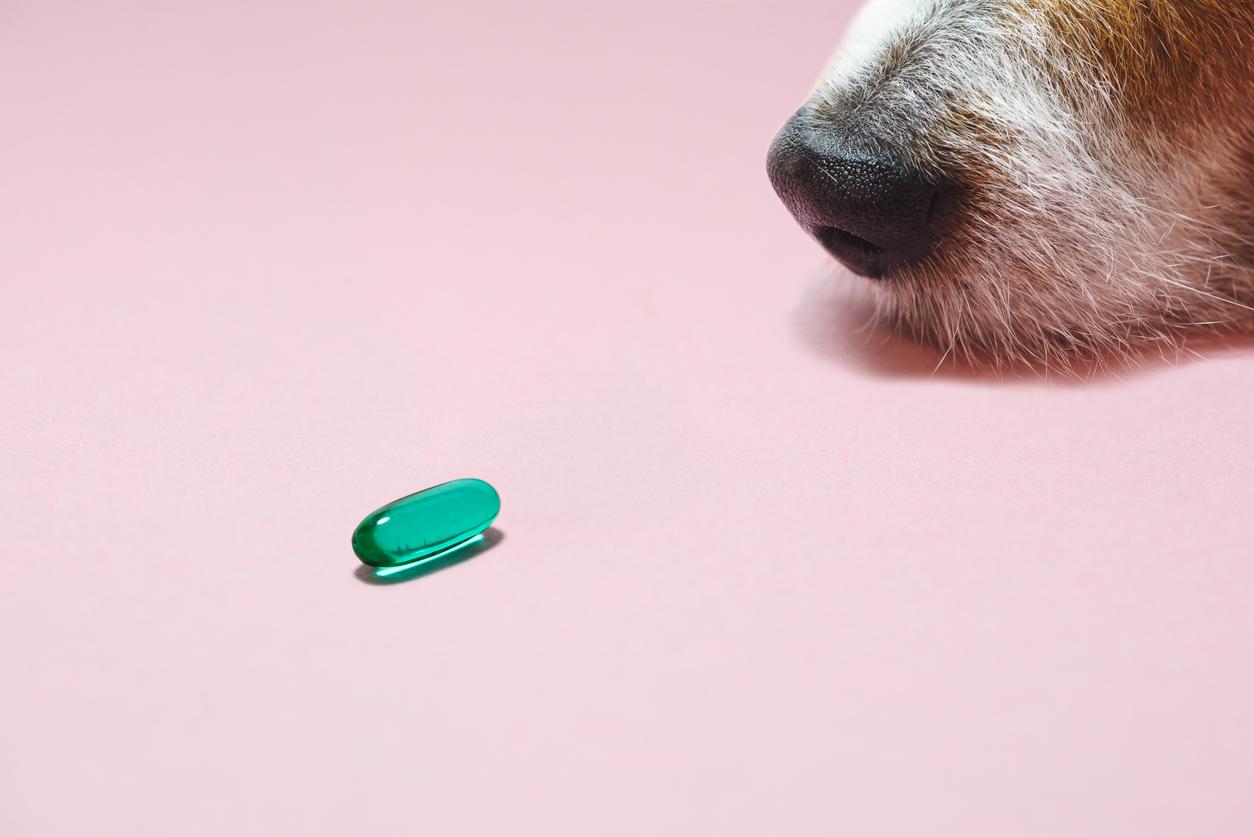By genetically modifying mice to transfer a naked mole-rat gene to them, researchers have succeeded in increasing their lifespan, a discovery offering interesting research prospects for humans.

- The naked mole rat is a species that lives about ten times longer than mice.
- The naked mole rat develops fewer diseases as it ages thanks to a large production of HMW-HA in its organism.
- By transferring the gene responsible for the production of HMW-HA from a naked mole rat to mice, researchers have increased the lifespan of the latter.
“It took us 10 years from discovering the role of HMW-HA in naked mole rats to demonstrating that HMW-HA improves health in mice, explains Vera Gorbunova, researcher at the University of Rochesterin the United States, author of a study that has just been published in the journal Nature. Our next goal is to transfer this benefit to humans.”
The naked mole-rat, king of longevity, has 10 times more HMW-HA
A decade ago, a team of researchers from the University of Rochester discovered that high molecular weight hyaluronic acid (HMW-HA) was one of the elements that explained the longevity of the naked mole rat. . The animal can, in fact, live up to 41 years, almost ten times longer than mice. It is also very resistant to certain diseases. Indeed, when naked mole-rats age, they do not develop neurodegenerative, cardiovascular or even cancer pathologies.
The reason for this excellent health according to scientists? Naked mole rats have ten times more HMW-HA in their bodies than either mice or humans. Moreover, when researchers removed this element from the cells of the animal, they were more likely to form tumors.
Naked mole-rat: one longer lifespan with genetic modification
In this new research, the objective of the American team was therefore to see if HMW-HA could also have positive effects in other animals. To do this, she transferred the gene that allows the production of HMW-HA from naked mole rats to mice.
Result: the rodents that received this gene had better protection against tumors, skin cancer, inflammation – responsible for arthritis in particular – and fewer intestinal problems. Their overall health was better. In addition, scientists have observed an increase in their lifespan of 4.4%.
In the future, scientists plan to continue their research to better understand the role of HMW-HA and see if these benefits could be transferred to humans.
















